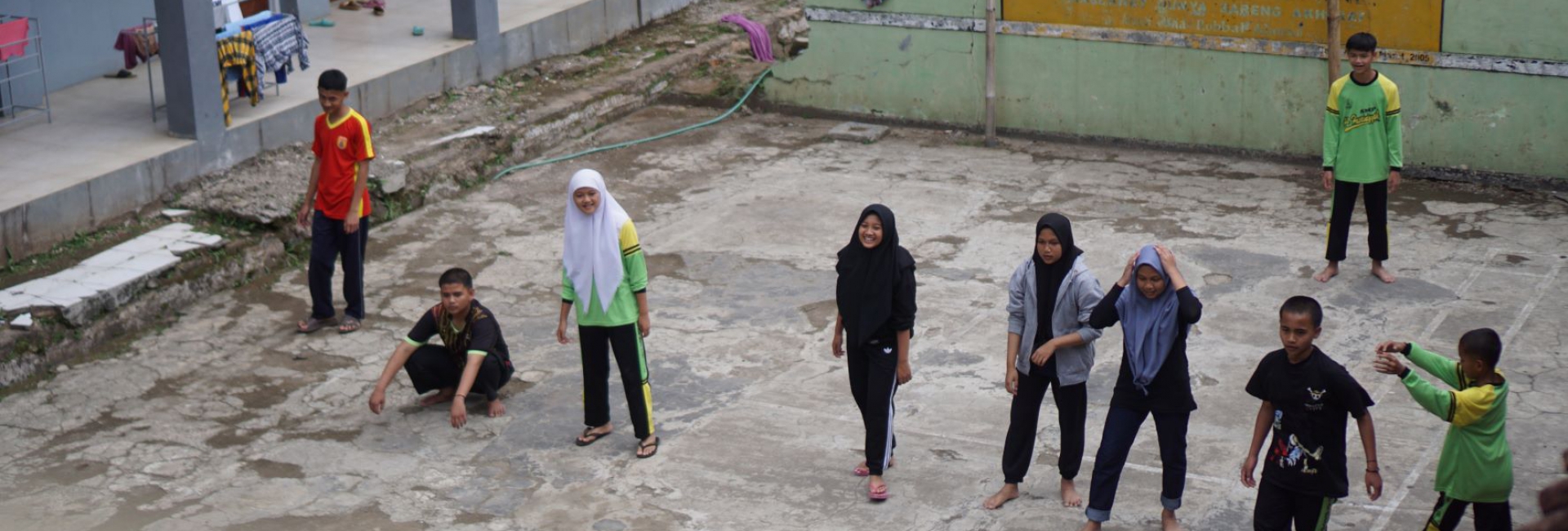The Indonesian Ministry of Education, Culture, Research, and Technology (MoECRT) is currently developing a technology-aided differentiated teaching system to support the delivery of primary and secondary education. The ministry is also exploring the High-Touch High-Tech (HTHT) approach in mathematics education that is tailored for Indonesia’s curriculum and language.
The Asian Development Bank Institute (ADBI), in partnership with MoECRT and the Asian Development Bank (ADB), is planning to design, pilot, and evaluate an HTHT teaching pilot at randomly selected public schools in Indonesia. The pilot includes the adoption of an artificial intelligence-based software program and accompanying user guides and training for teachers.
The present study aims to design teacher training program prototypes that prepare teachers to integrate technology into their lessons and evaluate the effectiveness of the training design (along with the prototype of the learning software) by implementing a rapid cycle evaluation (RCE).
Under the supervision of ADBI’s task manager(s), The SMERU Research Institute and its consortium partner, Mentari Teachers Academy (the consultant), will perform the following work.
The scope of work is as follows.
- design a teacher training set to orient teachers to effectively use the learning software in classroom instruction. The objective is to ensure that teachers (i) are familiarized with the software functions, (ii) are motivated to improve students’ learning outcomes by using the software, and (iii) can integrate the software into their lesson plans. Necessary changes to pedagogical practices so that they complement the software should also be included in the training set.
- design an innovative training program to enable teachers to deliver inquiry-based learning methods and train mathematics teachers on inquiry-based learning methods that can help junior secondary students effectively address real-world problems and are aligned with Indonesia’s national education curriculum. The training program should focus on conceptual matters as well as hands-on experience, interactive learning, and demonstration sessions. It should also provide practical examples of inquiry-based learning, such as sample lesson plans and schedules, and well-scripted lesson guides. Teachers should be able to implement these methods upon the completion of the training. Multiple follow-up sessions should be designed to change teacher behavior and paradigms toward student-centered learning.
- implement RCEs. Once several prototypes of the HTHT interventions (i.e., artificial intelligence-based software and teacher training programs) are developed, RCEs will be implemented in a small number of schools to investigate their effectiveness and address design challenges before the main pilot. The consulting organization will implement RCEs, collaborating closely with the education technology company that designs the HTHT components, education specialists, and ADBI on possible adjustments.
The RCEs will involve implementation over a period of six months. RCE instruments will be initially drafted by the consulting organization, with ADBI and MoECRT providing feedback.



